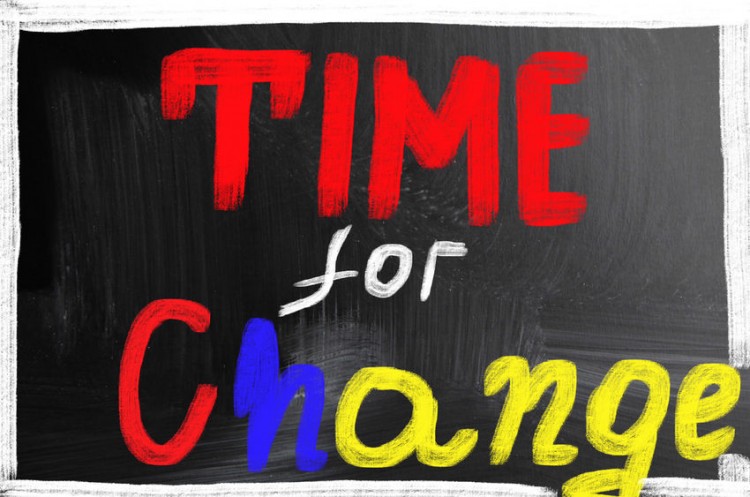HR Carnival – what cultural changes end up as workplace challenges?
Organisations are always impacted by changes outside the workplace and HR can often be slow to react. In this week’s HR Carnival, we’re going to hear from some international HR commentators about the impact of some those cultural changes on HR professionals.
Some changes are barely perceptible, but build up over time. Others are dramatic and can’t be ignored. These might be slow burning cultural shifts: the increase in divorce and single parent families impacting recruitment and internal promotions, dads wanting to take paternity leave, the growth of technology and social media, the rise of the collaborative economy and freelance contractors, communication trends, 5 generation workforces and the delayed retirement of Boomers, to name but a few.
All of these changes impact workplace practises and people, in ways that we hadn’t anticipated, providing fresh challenges for HR professionals.
Here are just a few insights from this week’s HR Carnival.
The freelance economy is on the rise
Annabel Kaye, CEO of Irenicon and U.K. based employment law specialist, has written extensively about the growth of the freelance economy. Today, many simply fail to find full-time, permanent contracts, others want to have access to flexible working conditions for any number of reasons. Words such as lean and agile have crept into our corporate lexicon as organisations seek employees who are willing to be flexible.
But what are the downsides of this Uber style business model? Read Uber all under the law
Skill set deficits
This is an older post from HR commentator Mervyn Dinnen which was re-issued in August 2015 as organisations struggle to fill their talent pipelines with the right type of skills from young people. Mervyn’s commentary is U.K. related, but his overall thesis is global. He suggests for companies to have access to the right skills in this age group “We need to focus more on teaching the skill and will to learn and to make a difference and bring the three most powerful ingredients of intrinsic motivation into the classroom: play, passion and purpose”
I couldn’t agree more.
Read: A child who has ambition
Growth of technology
All forms of communication have become digitalized, whether email, text or other online tools, to the point where old school unscheduled voice calls are considered intrusive. Online training is also becoming the norm as companies try to tap into technology to save costs and time. But Nicole La Maire, of New To HR urges us not to forget the human touch and why direct human interaction is best.
Read: Why the human touch still matters
Recruitment
Katrina Collier, Social Media Recruiting Specialist, rails against the resistance to changes in technology in recruitment departments by the “Jobsworth mentality.” Taken from the phrase “It’s more than my job’s worth” it describes a person who plods on in the same old way, regardless of the march of time in the outside world.
Read: The curse of the “Jobsworth” in hiring and recruitment
Parenting is an HR issue
With Gen Y set to dominate the workplace in the next years, organisations are going to need to adapt. The traditional family unit of a child carer (usually female) and revenue generator (usually male) is becoming obsolete, as women want to pursue careers and men want greater involvement in childcare. With greater number of single parent families, and men and women coping with joint custody arrangements, HR is feeling the impact in a number of areas especially recruitment and the willingness to travel and relocate,
Read my take on: Parenting is an HR Issue
Silent epidemic
One research project after another talks about the rise of bullying in the workplace. It is no longer about physical abuse, but more covert activity. A person who is bullied in school is more likely to be bullied at work. This has become a form of silent bullying with HR under increasing pressure to deal with something that is difficult to prove. Lisa Gates, Co-Founder of She Negotiates looks at implicit or unconscious bias and how micro-inequalities impact those outside a dominant group based on ill-considered stereotyping.
Read: Is Implicit bias bullying you silent?
Redefining retirement age
As seniors become healthier and their longevity increased, 60 has become the new 40. Steven Toft , alias trend commentator FlipChartRick, in his blog Flip Chart Fairy Tails (Business Bullshit, Corporate Crap and other stuff from the World of Work) examines the impact this development has on the work force as well as government policy.
How are HR policies going to cope with a demographic that either doesn’t want to retire, or can’t retire for financial reasons?
Read: The Healthy Aging Challenge
So what other cultural changes are worthy of inclusion?





